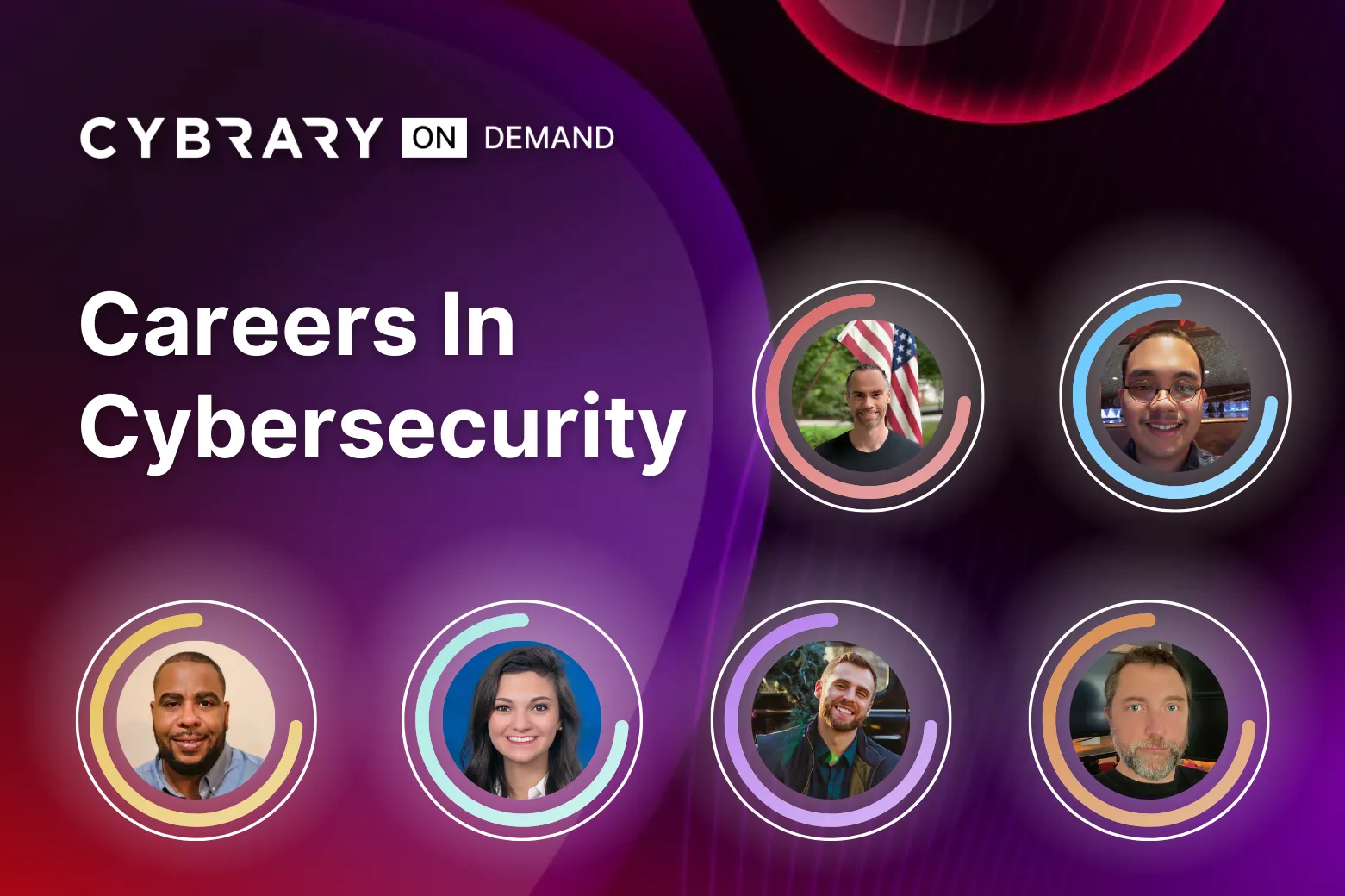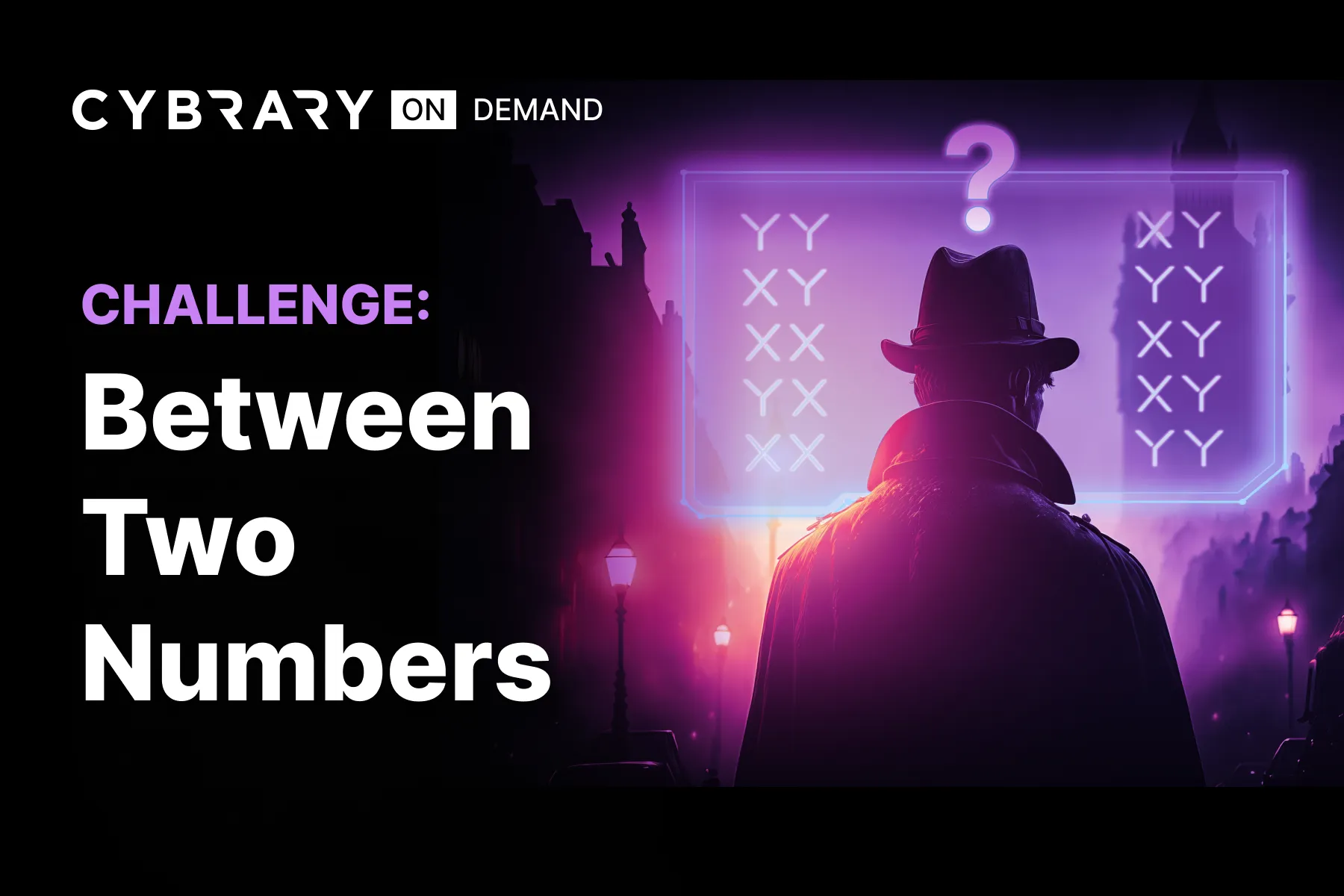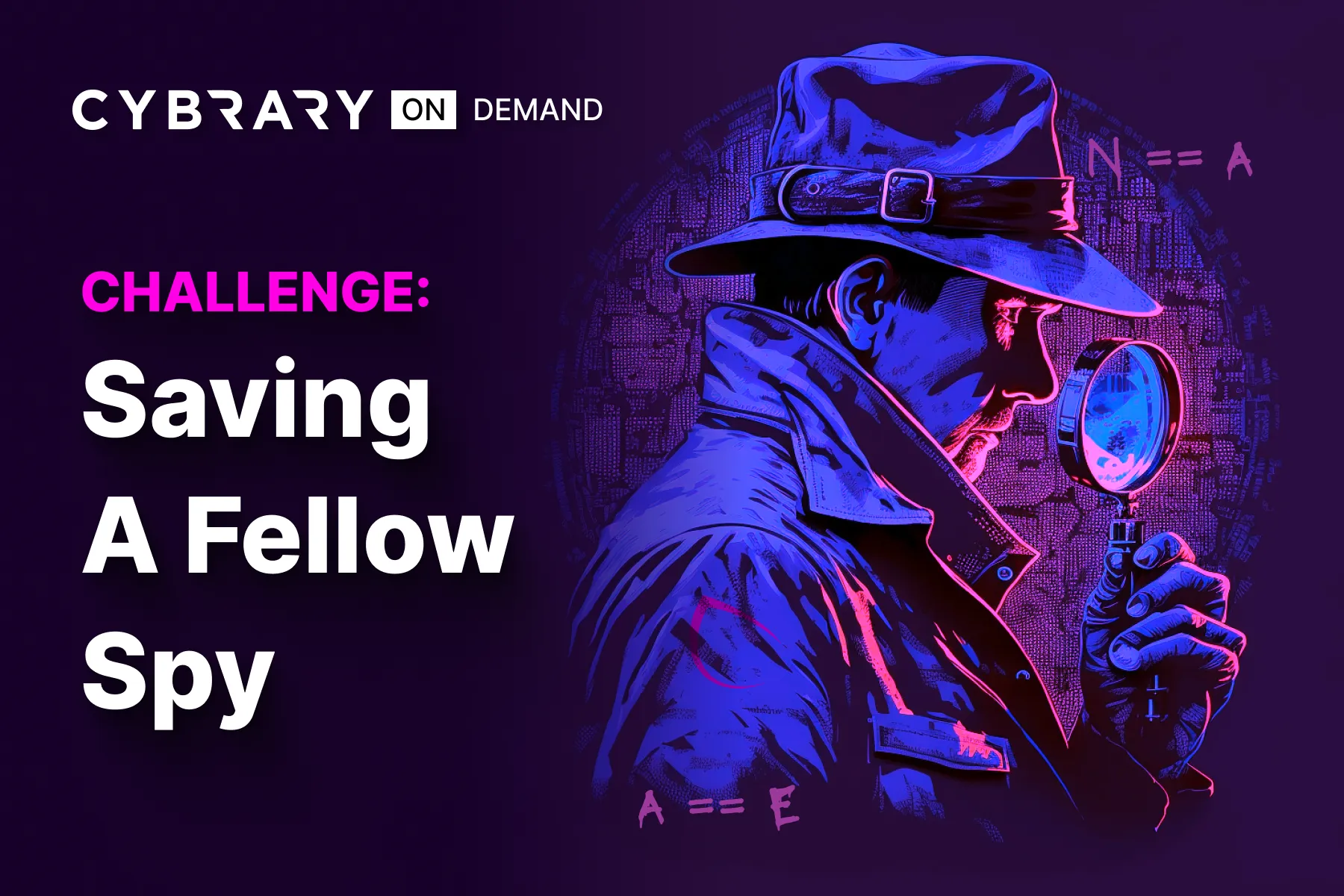Courses

Cybrary Challenge: Destination Explorer
In this challenge, you will take on a Digital Forensics challenge by parsing and analyzing Windows artifacts. By analyzing these artifacts, investigators are able to prove suspected user behavior.

Careers In Cybersecurity
Getting started in cybersecurity can be tough, and the number of careers seems endless. This course will get you hands-on with six of the most common cybersecurity roles, including penetration tester, digital forensics, cloud security, governance, security analyst, and security engineer. Decide which career is right for you today!

Challenge: Dissecting Code
In this challenge, you will take on a reverse engineering challenge by analyzing a binary file. Malicious attackers will commonly use malware or custom binary files to execute their goals. The goal is to show from an analyst POV how to do basic file analysis.

Challenge: Packed Snacks
In this challenge, you will take on a reverse engineering challenge by analyzing a binary file. Malicious attackers will always use malware or custom binary files to execute their goals. The goal is to show from an analyst POV how to do basic file analysis.

Challenge: Between Two Numbers
In this challenge, you will take on a reverse engineering challenge by analyzing a binary file. Malicious attackers will always use malware or custom binary files to execute their goals. The goal is to show from an analyst point of view (POV) how to do basic file analysis.

Challenge: Saving A Fellow Spy
You will take on a cryptography challenge in this challenge by decrypting intercepted encrypted messages. Malicious attackers use cryptography to their advantage for attacks and remaining undetected. The goal is to show how attackers can effortlessly embed data within messages to hide their activity.

DFIR Operator Series: Track 5 - Legal Procedures
As if that weren’t enough to gather evidence and respond during an active security incident, there are times when the integrity of the artifacts you collect is key to their admissibility in a court of law. No pressure! Relax, SME Marc Balnigit has your back in this course series where he gives you all the tools you need to be calm under pressure.

DFIR Operator Series: Track 4 - Cloud Forensics
The cloud is someone else’s computer. Not only that, there are so many platforms to choose. Each of these platforms can complicate the consistency and integrity of the forensic investigation. Come alongside SME Marc Balingit as he provides real-world, hands-on examples of data acquisition, analysis, and interpretation from various cloud providers.
Marc has led, managed, and performed global incident response investigations focused on large-scale data breaches, system compromises, data exfiltration, ransomware, and malware outbreaks. He has worn many hats throughout his Incident Response career, including proactive and reactive services. Outside Blue Teaming, Marc is passionate about Vulnerability Research and Malware Analysis. He is a Technical SME at Cybrary, focusing on Threat Actors and Blue Teaming for course content.




